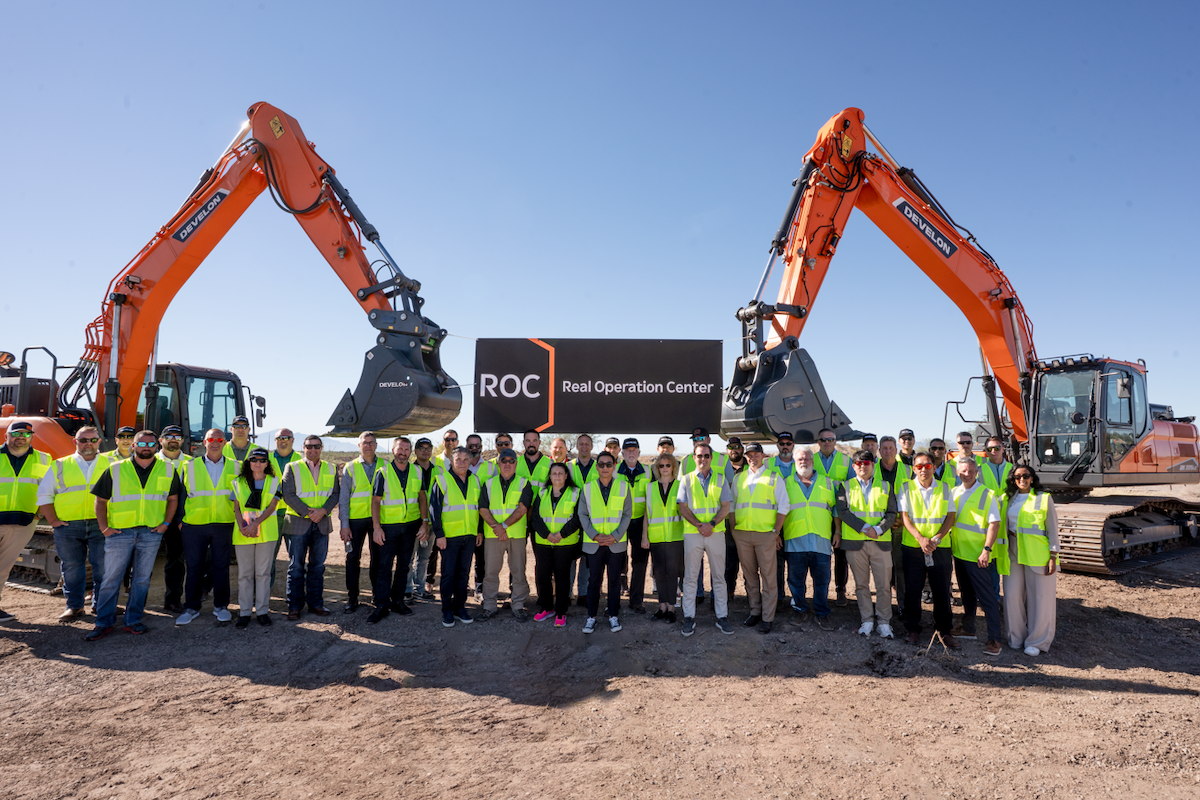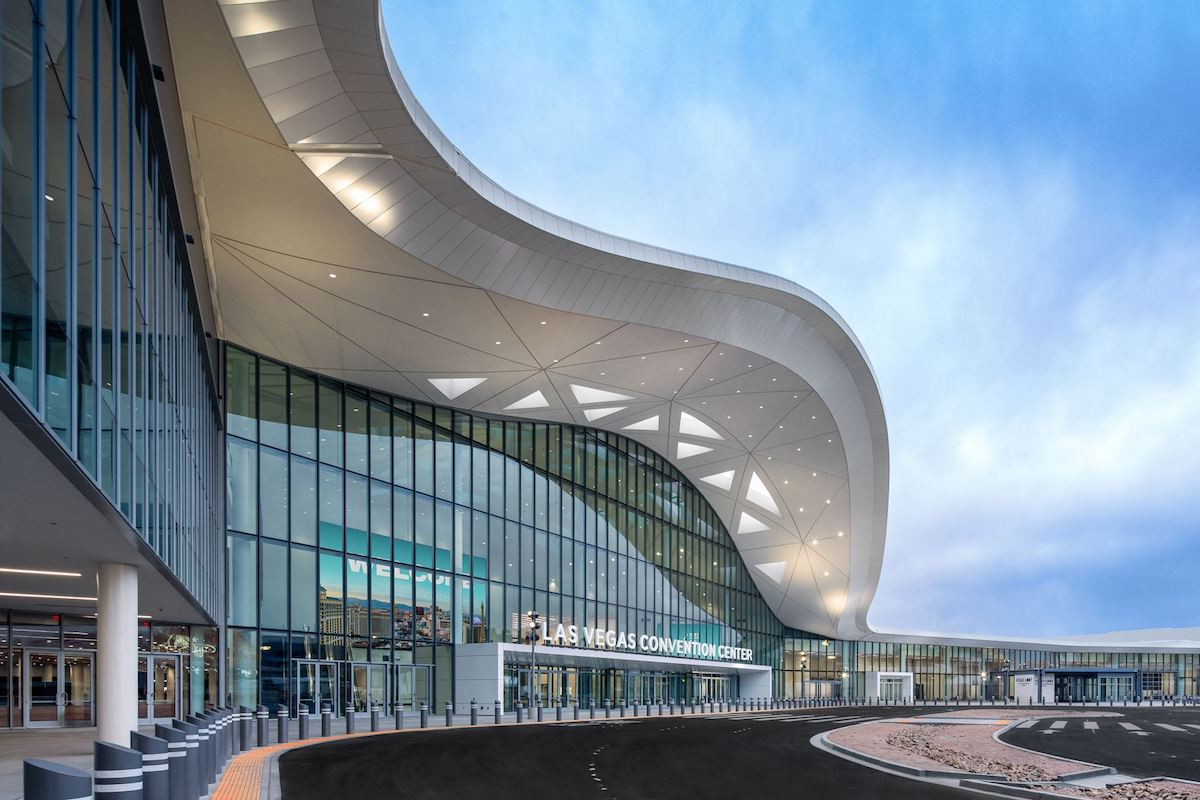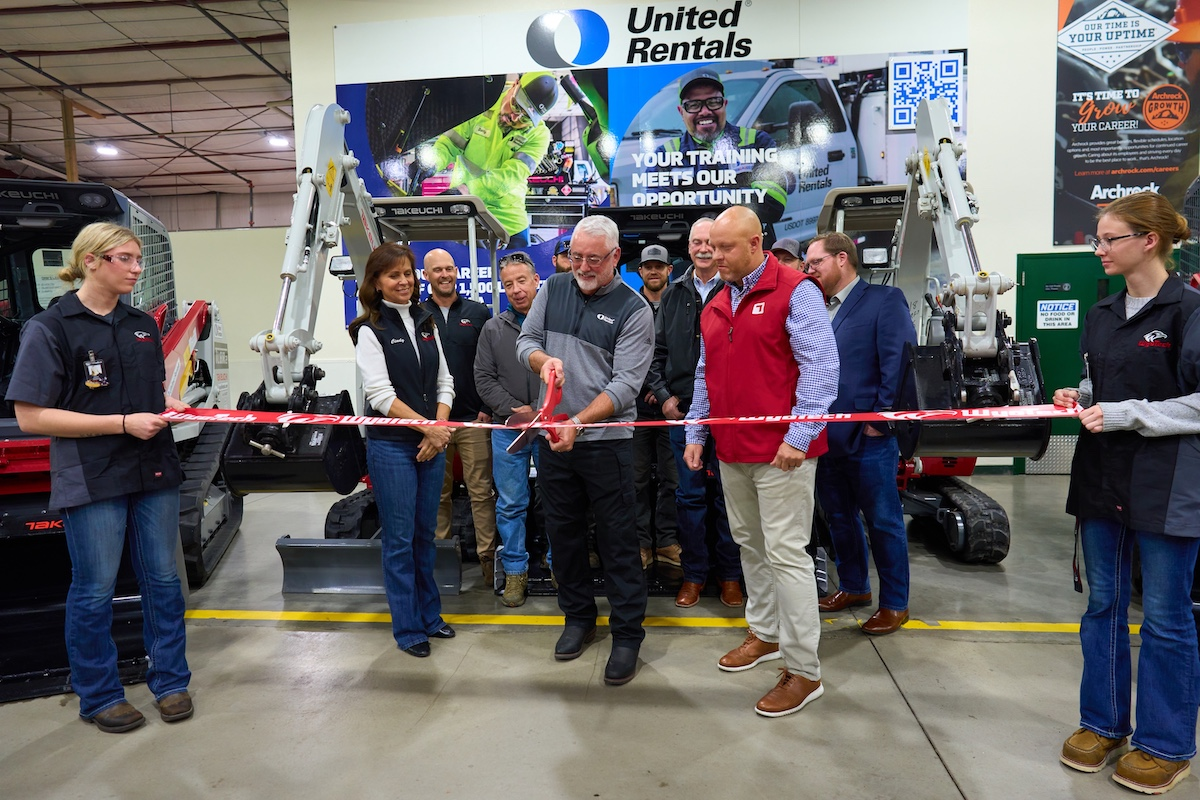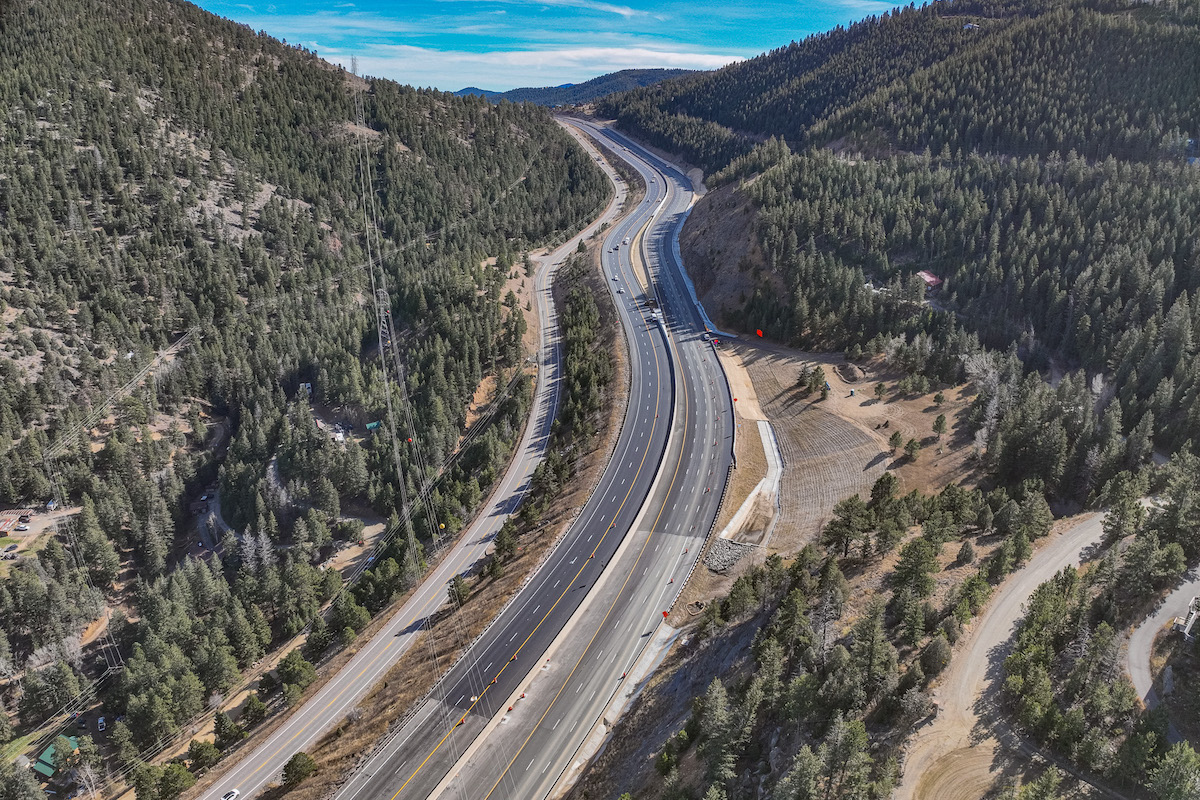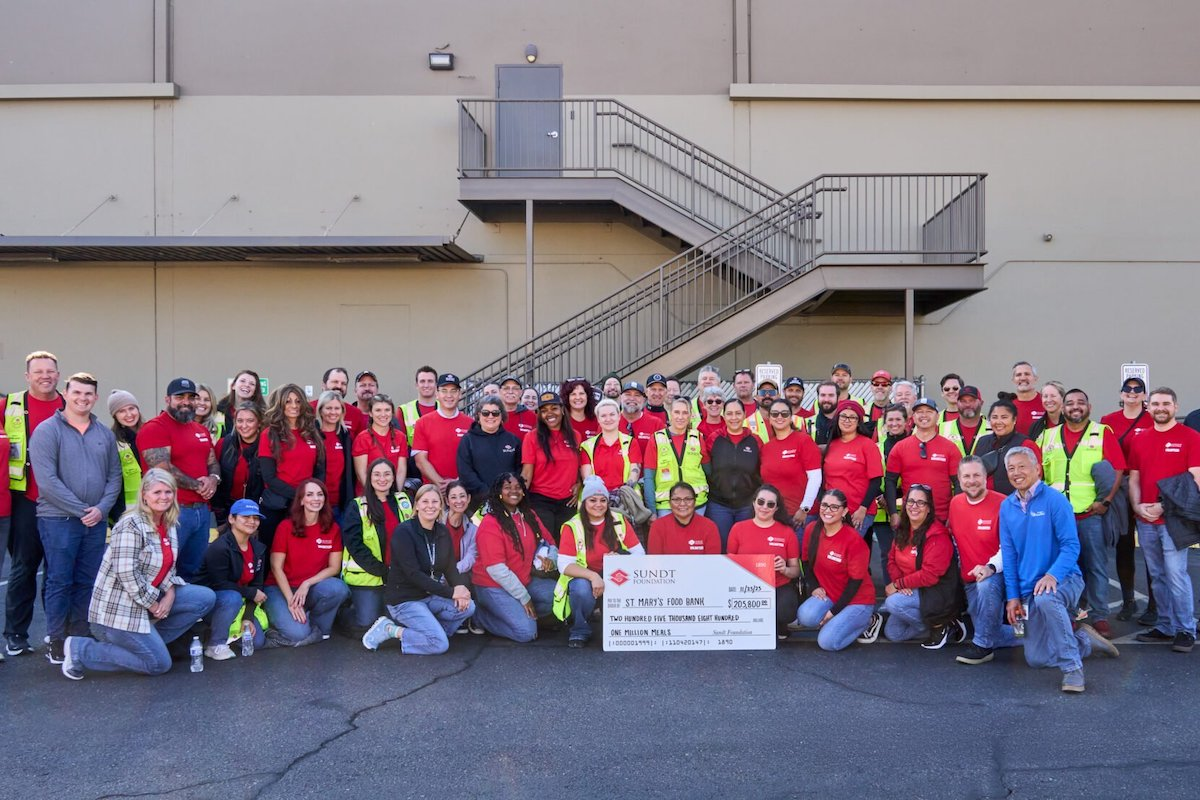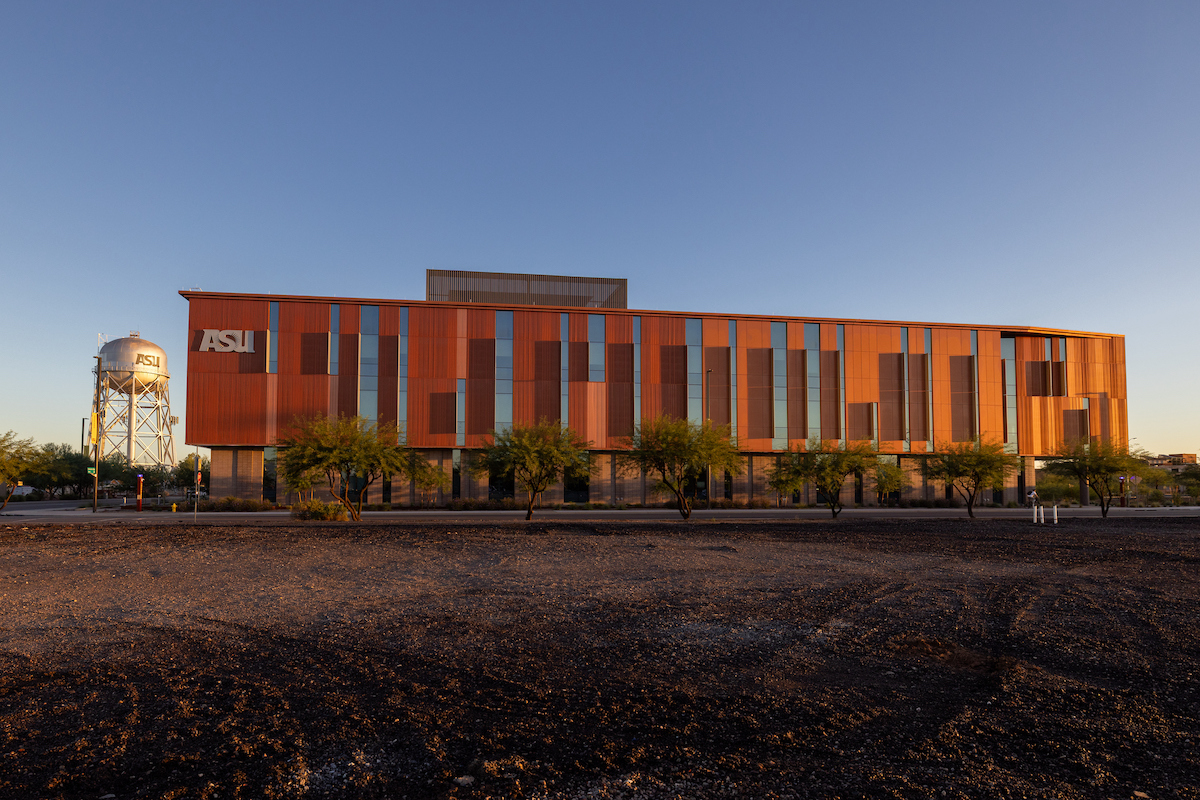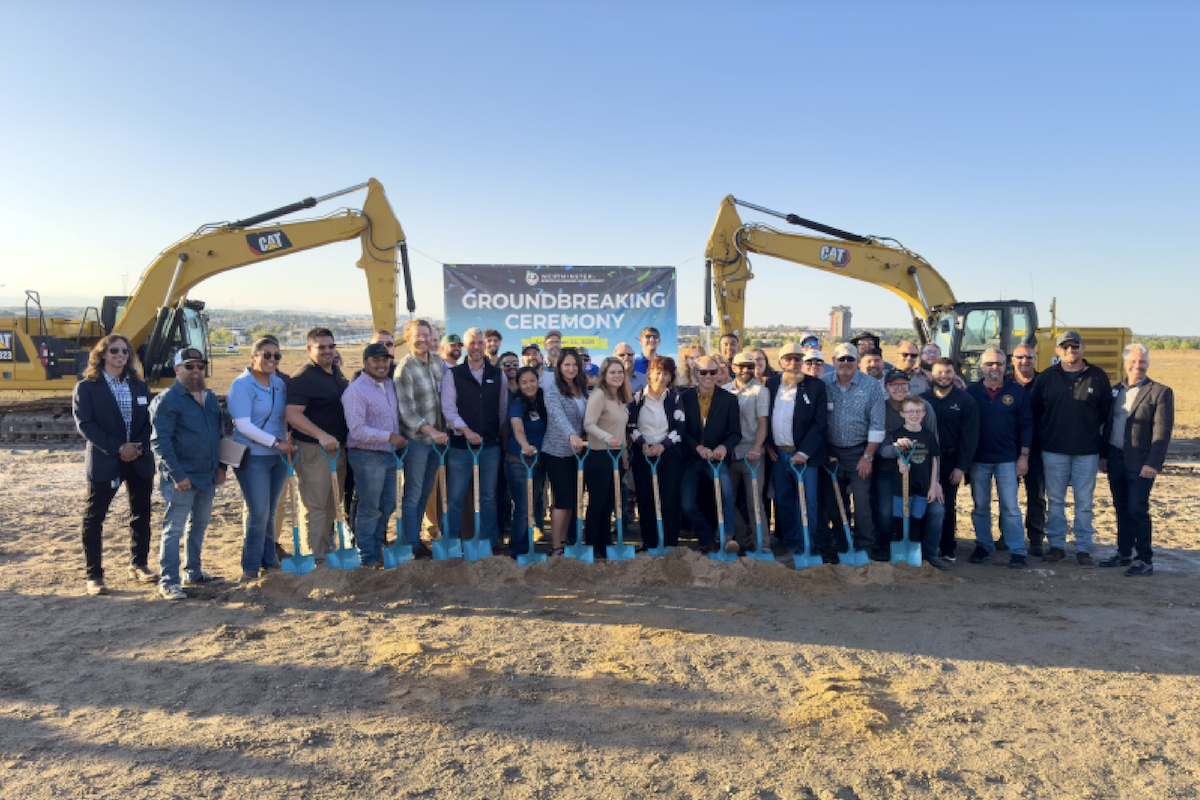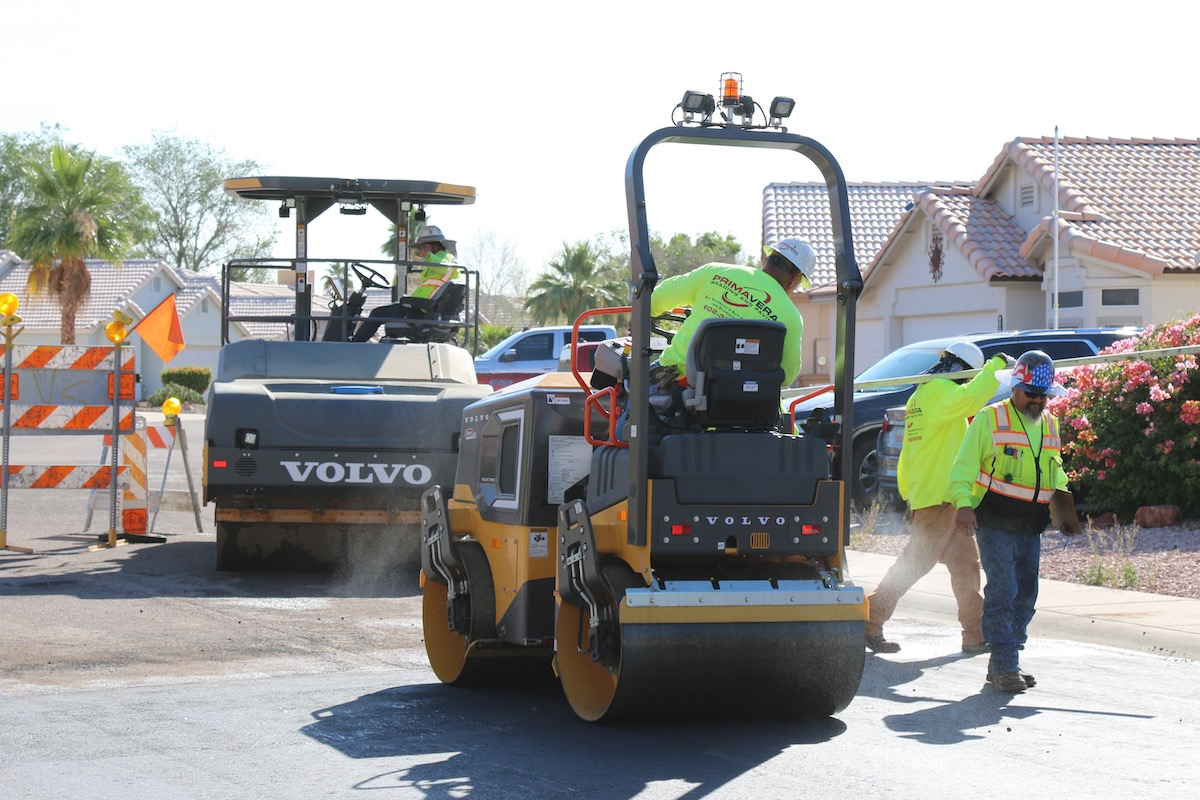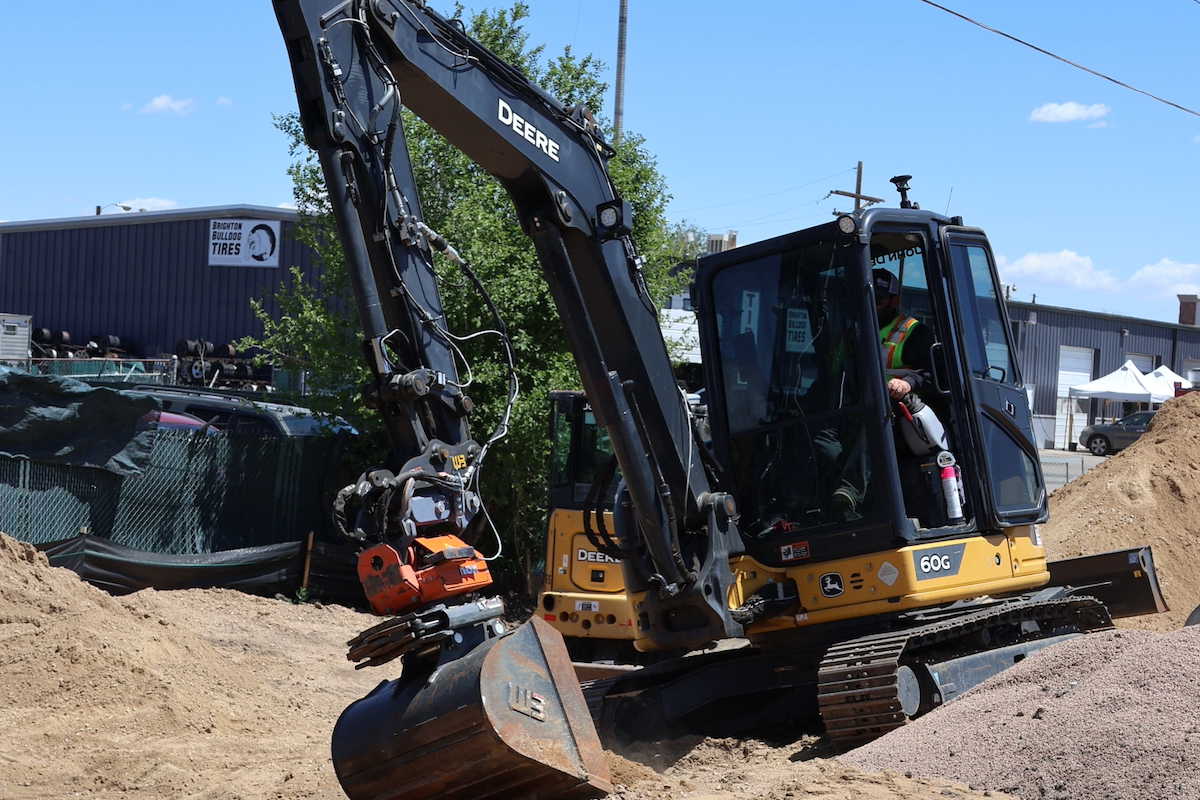“Geographically, this is a huge job,” says Jeff Gander, FARM Project Director for the MoDOT, explaining that it is 250 miles between the farthest two bridges.
The FARM program will replace 31 bridges in 15 counties involving two department districts. All of the bridges had been weight restricted, were in poor condition, supported by wooden piles, and were carrying two-way traffic even though they are only one lane. The department identified 40 bridges in northern Missouri meeting the criteria.
The bridges are on farm-to-market routes. Some were built in the 1930s or 1950s. Traffic volumes ranged from 36 vehicles per day to 1,200 vehicles per day. The vast majority of the bridges carry fewer than 400 vehicles per day.
MoDOT received a $20.8 million Competitive Highway Bridge Program grant from the Federal Highway Administration and matched that with $5.2 million from the department.

| Your local Volvo Construction Equipment dealer |
|---|
| Faris Machinery |
All bridges will now rest on steel pilings rather than timber. All of the new bridges will be two lanes after completion. Twenty-five of the bridges will have three spans, with two abutments and two intermediate bents. Three of the bridges are being replaced with single span structures. The remaining three are being replaced with box culverts.
Lehman Construction of California, Missouri, and the civil engineering firm Wilson & Company of Kansas City, Missouri, received the $21.5 million design-build contract from the Missouri Highways and Transportation Commission in May 2021. Lehman Construction, began operations in 1997, employs more than 75 people, and remains managed by one of its founders, Kenny Lehman. The company works all over the state and has extensive bridge experience.
Project goals include building long-lasting structures while minimizing inconvenience to the traveling public.
“We focused our efforts on putting as much money as we could toward the bridges and not do a lot of roadway work,” says Ryan Porter, Project Manager for Lehman Construction.
The team decided to use a “simple for dead load, continuous for live load (SDCL)” methodology for the bridges. The dead load is the bridge itself, and the live load is the traffic on top of the structure, Gander explains.

| Your local Bobcat dealer |
|---|
| Ditch Witch West |
| Faris Machinery |
“This design methodology allows you to analyze the structure as a simple span, which is a beam sitting across two points, for the dead load,” Gander says. “Then you analyze it as if it was a continuous beam going from the first abutment to the middle bent or pier and the next one, as if continuous.”
Researchers at Florida International University in Miami reported in 2015 that SDCL is used in nonseismic areas. It offers multiple advantages, including longer service life and lower maintenance costs. “It allows you to use shallower girders,” Gander adds.
Lehman Construction is using 12-inch and 18-inch-deep steel girders on most of the bridges. The shorter in height girders opened up the market to additional, smaller steel suppliers, Porter says.
“That has helped local steel suppliers,” Porter adds. “Doing that method on each bridge, we are gaining five to 10 days on each bridge, and it will continue to get better.”
In addition, the shallower girders allowed Lehman Construction to keep the road elevation the same and eliminated the need to raise the roads, which saved the project money. A couple of bridges with longer spans will have concrete NU girders.

| Your local Gomaco dealer |
|---|
| Faris Machinery |
On three of the sites, Lehman Construction is replacing the former bridges with box culverts, including the completed Smokey Branch Bridge on Route B in Linn County. Crews construct the box culverts in the ground and put the road on top of the boxes. The resulting structure will require less future maintenance than a conventional bridge.
“It worked out well and we completed it ahead of schedule,” Porter reports. “We have the remaining two on our schedule for the winter months, because the work is in the ground.”
All of the bridges are being built in the footprint of the old bridges, so there was no need for additional right of way and environmental concerns are less.
Four additional bridges were started early in 2022 and finished by July 2022. Those bridges are the structure over Black Creek in Shelby County, the Lewis Creek Bridge on Linn County Route 139, a bridge on Missouri 11 over the Fabius River, and a bridge over Sugar Creek on Route E in Lewis County.
The bridges under construction during the summer of 2022 include:
- The bridge over Brushy Creek on Route A and two over the Fabious River in Schuyler County
- Two bridges on Missouri Route 11 in Adair County over Floyd Creek and the Fabius River
- The Derrahs Bridge in Lewis County

| Your local Trimble Construction Division dealer |
|---|
| SITECH Southwest |
| SITECH Northwest |
| SITECH Rocky Mountain |
Nine more bridges are expected to start construction this fall.
Lehman Construction closes each bridge it works on. Removing traffic from the bridges enhances safety for workers and speeds construction. Detours on state roads can run up to 15 miles away. However, while MoDOT cannot route people onto county roads, drivers often can find a shorter reroute.
“We are using a get in-get out philosophy,” Gander says. “Since the traffic is so light, we have the option to close the route.”
All of the new bridges are being constructed from land. Lehman Construction builds a temporary stream crossing, with a number of pipes in the creek and covered with clean rocks. Those crossings will be removed when the bridge is finished. The average length of the bridges is 105 feet. There are no marine or barge operations.
The project is using hot-dip galvanizing on the steel girders, so they will last longer than a painted girder. The girders are relatively short, which allows them to be galvanized easily, Gander explains.

| Your local Volvo Construction Equipment dealer |
|---|
| Faris Machinery |
“The construction crews are getting faster as they go,” Gander says. “A lot of these bridges are similar. I think by the time we get to the end, some will get done within 80 days if the weather cooperates.”
Some bridges will be completed each year until all are finished by the middle of September 2023. Lehman Construction has finished the bridges much faster than anticipated – 40 days early in some cases – something both Porter and Gander attribute to the similarity of the structures.
“We’ve received good feedback,” Porter concludes. “The people in these areas are very appreciative. It’s been a good experience all the way around.”


















